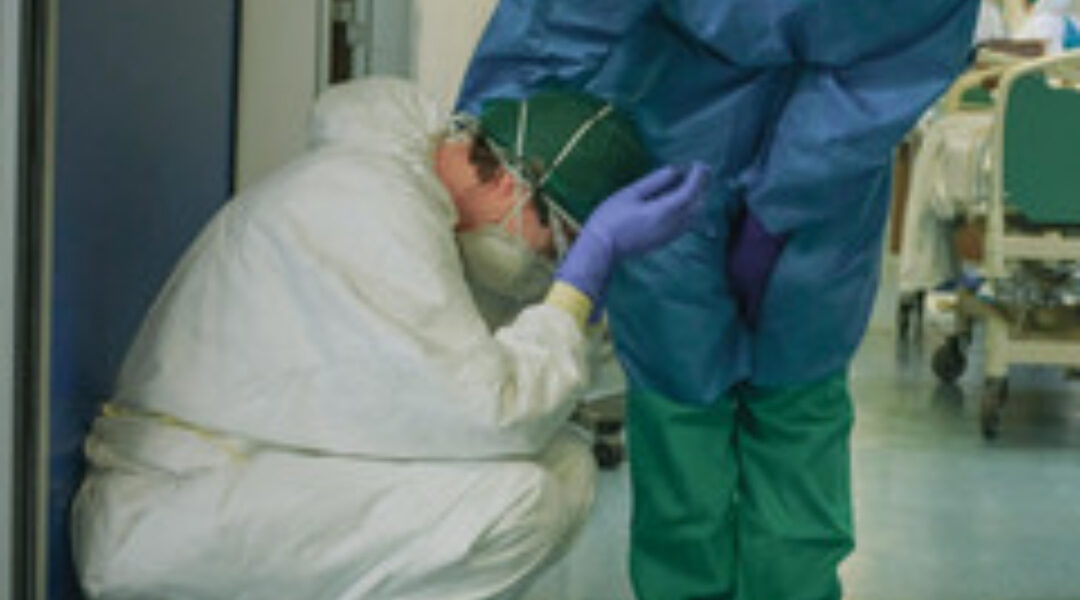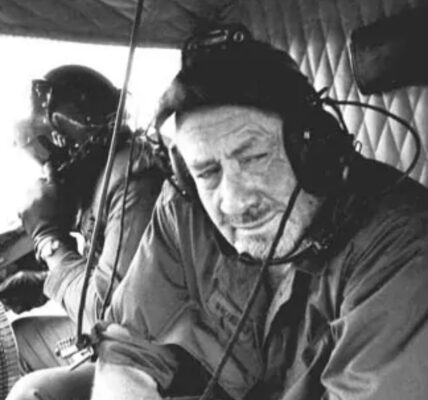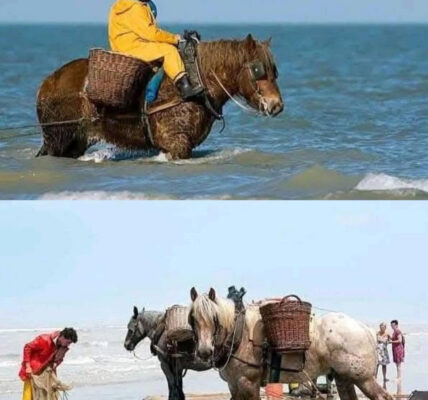I have seen things that most people never notice — quiet acts of grace that happen behind hospital curtains, under fluorescent lights, in the still hours when the world sleeps.
I have seen nurses.
Not the polished kind you see in commercials — but the real ones. The ones with tired eyes and sore feet, who move like quiet angels through the corridors of pain. The ones who hold together what illness, fear, and loss try to tear apart.
I have seen pregnant women — trembling, ashamed — sitting on the edge of hospital beds, their faces flushed with embarrassment at their own frailty. Women who whispered apologies for their smell, for their unkempt hair, for not looking “clean enough.”
And I have seen nurses kneel beside them, basin in hand, washing them gently — trimming nails, brushing hair, wiping away shame. Their touch said what words could not: you are still worthy of dignity, still beautiful, still human.
And then, I heard something so small, so profound:
“My baby will be born clean… thanks to you.”
In that moment, the sterile walls of the maternity ward became a chapel — and the nurse, a minister of grace.
I have seen a nurse pretend to be a mother — not her own, but someone else’s.
An elderly woman with Alzheimer’s sat weeping, asking forgiveness from a mother she could no longer remember. The real one had been gone for decades. The nurse took her hand, smiled softly, and said,
“I forgive you. I love you.”
And the patient exhaled, as if her soul had been waiting years to hear those words. It was not medicine that healed her that day — it was love, borrowed through another’s compassion.
I have seen nursing assistants covered in vomit, holding the head of a convulsing child so he wouldn’t feel alone.
I have seen them run toward cries that make others freeze, their instincts tuned to comfort, not fear.
I have seen them lift patients twice their size, their muscles trembling, their backs aching, but their touch still gentle — as they washed and changed those who could no longer do it themselves.
They don’t just clean bodies. They clean despair.
I have seen a nurse cradle a stillborn baby.
She bathed her tenderly in warm water, combed her tiny curls, dressed her in a soft gown, and wrapped her in a blanket. The mother, heartbroken and trembling, had begged to see her child — “just once,” she said.
And when she did, she found her baby not lifeless, but peaceful.
The nurse had given her that final mercy — the illusion of sleep, the grace of goodbye.
I have seen nurses search for priests, pastors, monks — anyone who could pray over a dying patient.
And when none could come, I’ve seen them whisper prayers themselves, matching faith to faith, heart to heart, because they knew that sometimes, what the dying need most is not medicine — but meaning.

I have seen them in the chaos of emergency rooms — rushing toward danger, toward blood, toward cries of “Help me!”
They’ve held open airways, stopped bleeding, comforted the living, and closed the eyes of the dead — all before the sun rises.
And I have seen the exhaustion afterward. The slump in a hallway. The quiet tears in an empty break room. The half-eaten sandwich beside a cold cup of coffee. The deep breath before going back out, smiling again for the next patient — as if the heartbreak of the last one never happened.
I have seen nurses work double shifts, back to back, sometimes seventy hours a week.
I’ve watched them miss birthdays, anniversaries, school plays. I’ve seen them kiss their own children goodbye at dawn so they could go care for someone else’s.
Because illness doesn’t wait. Because pain doesn’t take weekends off.
Because, to them, care isn’t a profession — it’s a calling.

They are the unseen hands that hold our world together.
The first touch we feel when we enter it — and often, the last hand we hold when we leave it.
They have wiped the tears of strangers, shared the grief of families, and carried stories too heavy for words.
And somehow, through it all, they keep showing up — hearts bruised, spirits tired, yet ready to give again.
If there exists a profession more sacred, more human, more selfless than nursing — forgive my ignorance.
But I do not know it.
So the next time you walk into a hospital and see a nurse — whether she’s rushing down a hallway or sitting quietly beside a bed — remember this:
you are looking at someone who has seen both the beginning and the end of life, and has chosen, every day, to stay in the space between — to heal, to comfort, to love.
Because in a world that can often feel cold and cruel,
nurses are proof that compassion still breathes —
and that sometimes, the softest hands hold the greatest strength.





